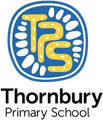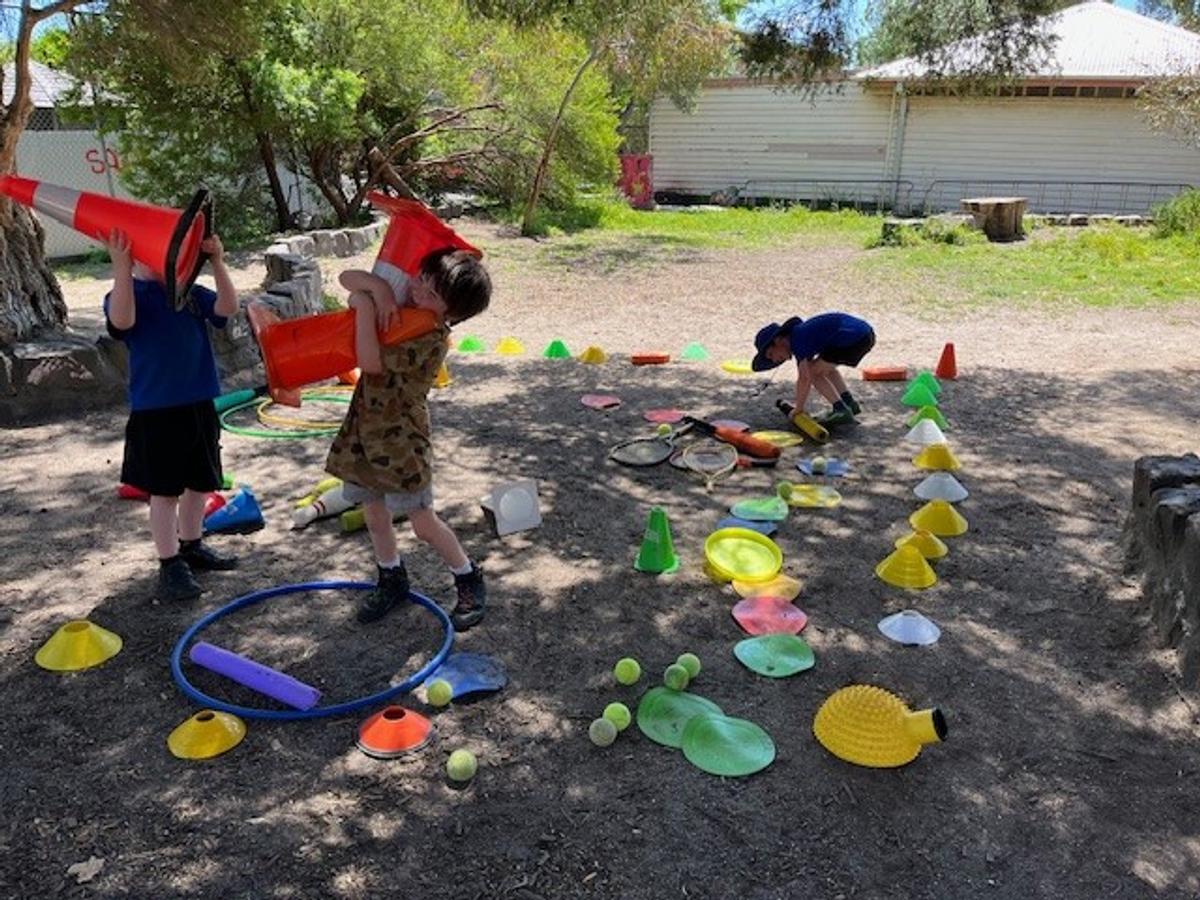P.E.

This term has started like every other 4th term at a primary school. The grade 6 students are reminded that school isn’t finished, the preps are starting to muscle in as no longer the new kids on the block and the kids are frantically looking for all the lost hats that circulate around the school.
In P.E it’s a good time to test what the students have learnt as the weather improves and the teachers begin the process of preparing for the next year.
The 5/6s no longer have any interschool Gala Days and are now cycling through a series of rotated activities. This term Ultimate Frisbee, Capture the Flag, Handball, Newcombe and Kickball.
The children are placed in small groups and get to practice and prepare for sports they do not normally get to play regularly. The grade 6 students begin to prepare for graduation, and I have the unenviable task of choosing two students for sports awards in the final graduation.
The highlights this term have been the Girls Basketball Team who have managed to get themselves into a semi-final at the divisional level, one step from the state competition.
The school has over the last 4 years been focusing on our basketball skills and with Keith Howden coaching the children most lunchtimes we are starting to see our teams make it through to higher levels. We have only managed to make and win the state finals with a girls’ team once before, whose children are attending and playing in the school team this year!
I need to mention some individual efforts in Athletics Luca Prohasky who is now in grade 4 and beginning his sporting journey playing cricket/football and competing in the school cross country and running events.
I would also like to acknowledge the boys relay team Noah Harmer, Jesse Betson, Lenny Whitehead, and August Colgrave who set a great example to others by training very hard as a team, reward for effort.
Lastly, I have spoken to all the children this week about what it takes to become very good in sport or any discipline for that matter. This is from a book called "Range" which talks about what children should be doing from an evidence base.
Epstein notes that the research points a similar way in most sports. “Eventual elites typically devote less time early on to deliberate practice in which they will eventually become experts,” he writes. “Instead, they tend to ‘sample’ a wide number of sports in an unstructured or lightly unstructured environment” before specialising only later.
Why might this be? Part of it is that early specialisation and highly structured training can lead to lower motivation, burnout, and potentially increased injury rates. But there is a more fundamental point that Epstein wants to make: acquiring skills in multiple sports, often via unstructured play, helps develop creativity and equips people better to handle fresh challenges later in their life.
I think sports mirrors a lot of what we do within our working lives and at an elite level it really points to what educators often point to in our wider learning. Unstructured play, with periods of focused play and feedback loops are all things that are valued in education generally. My point to the students was;
"Anyone can be good at sport if that’s what you are motivated to do and playing for fun is as serious as playing for keeps."
Thanks Leigh Collins
P.E Coordinator.

